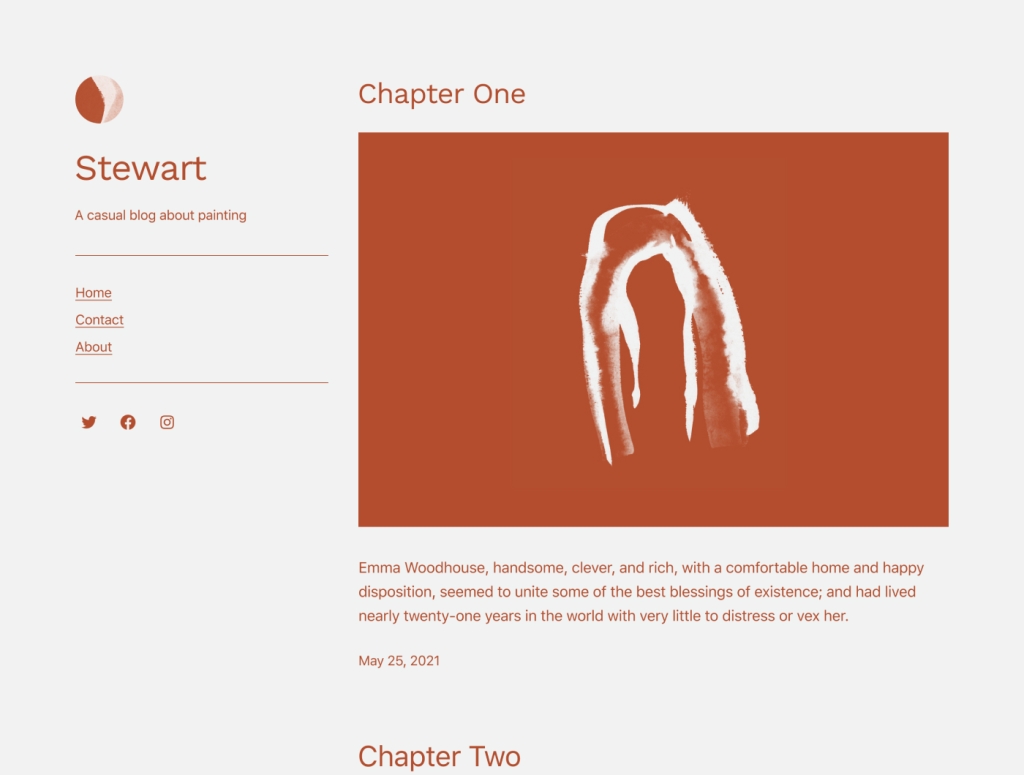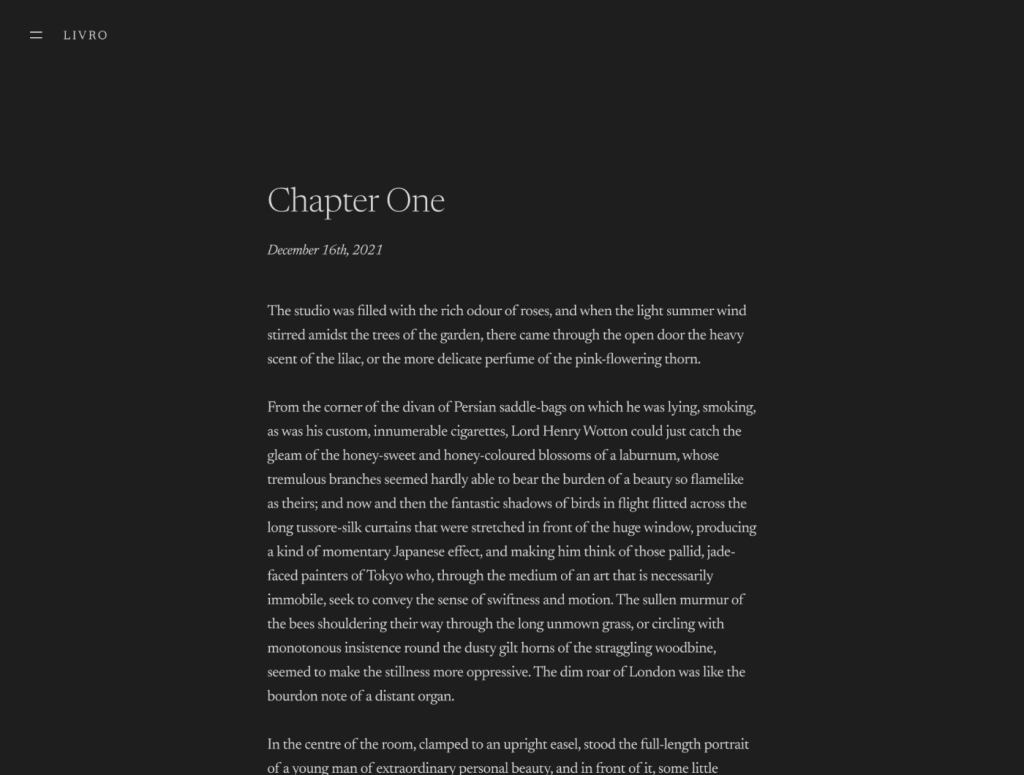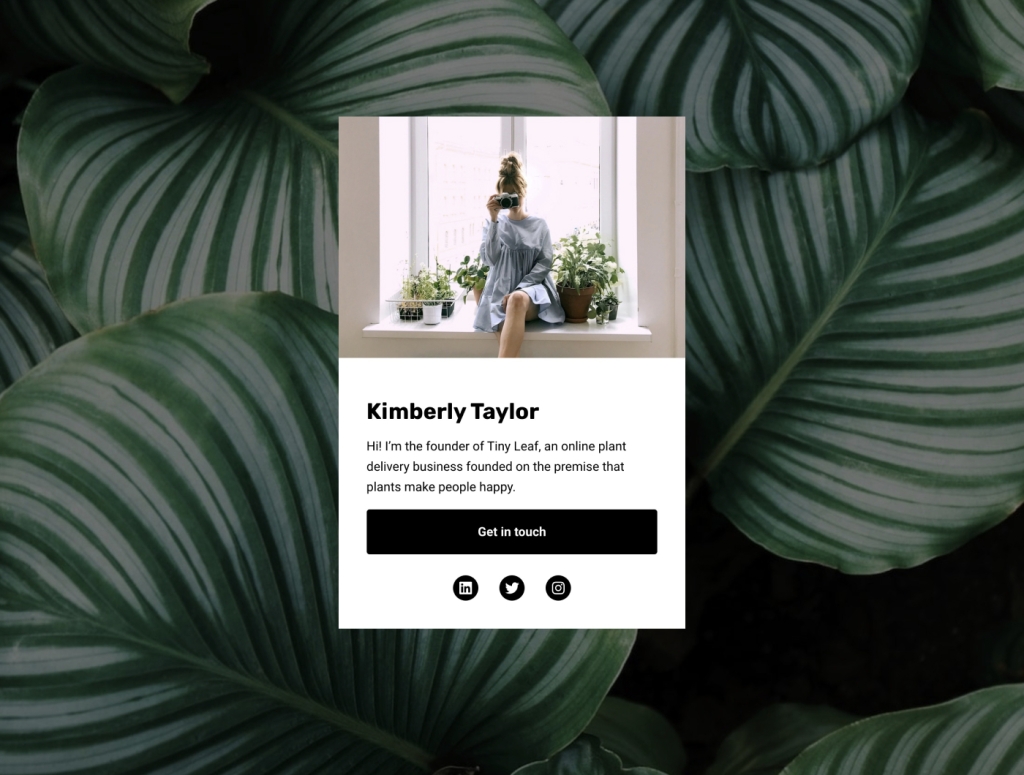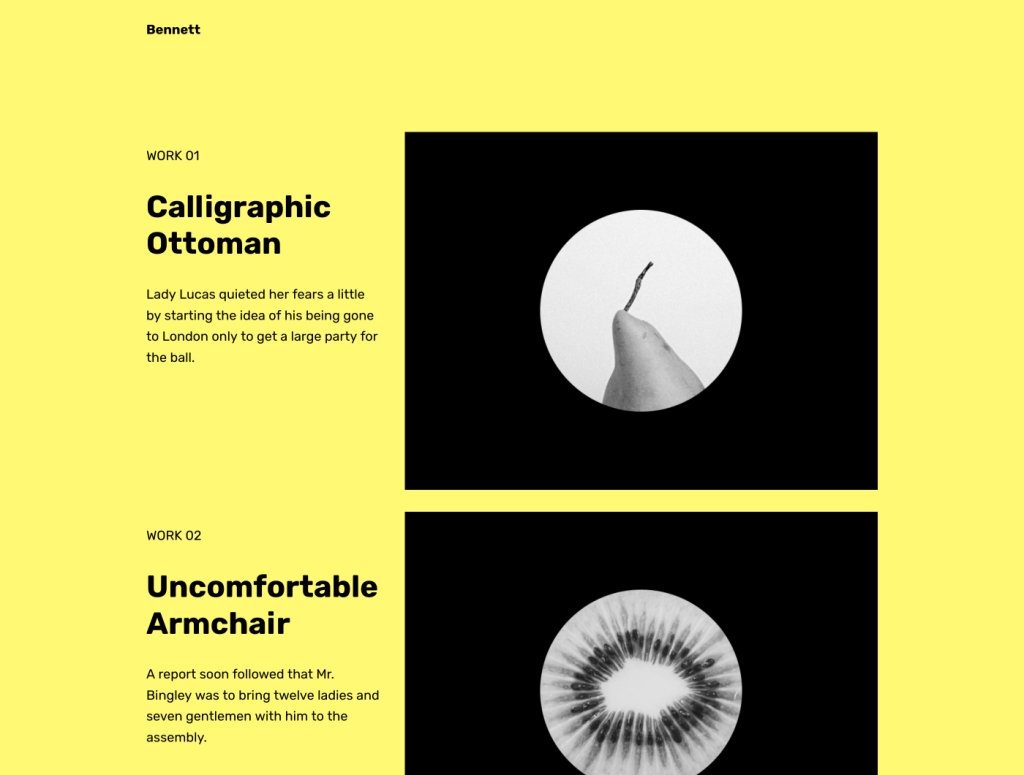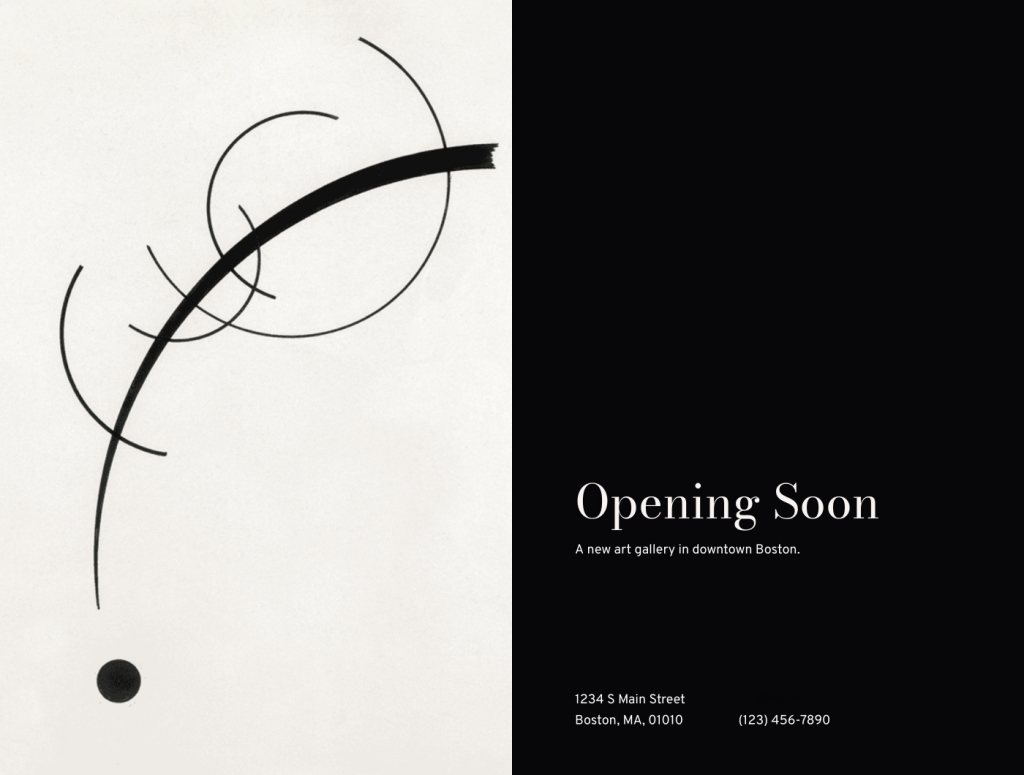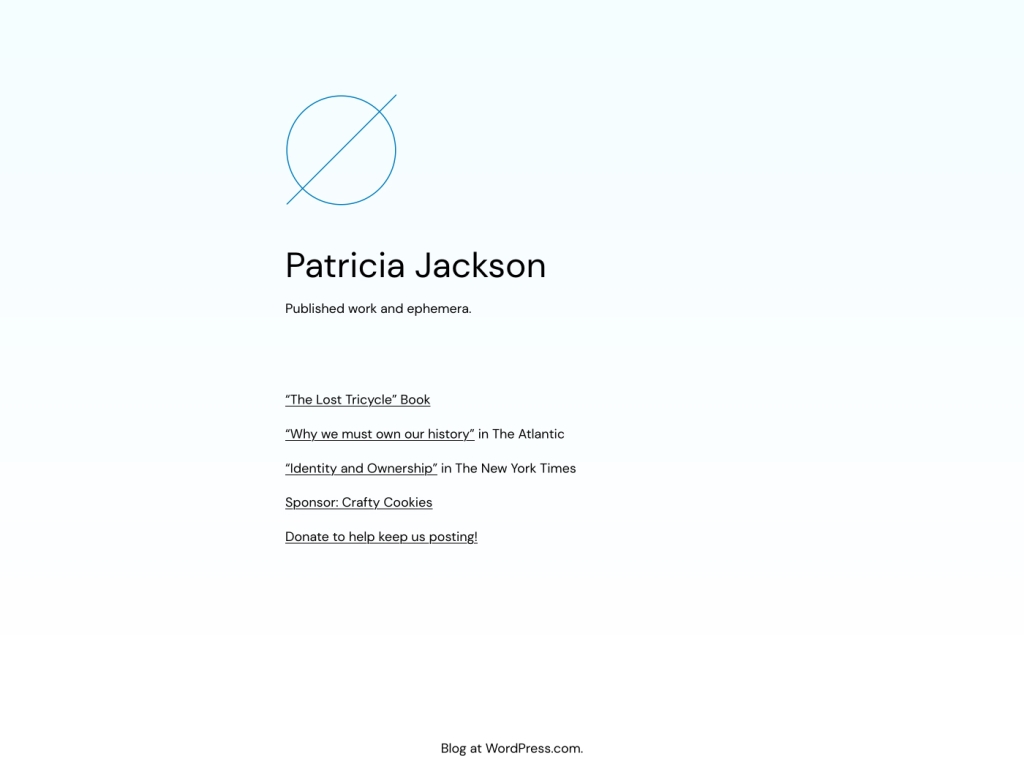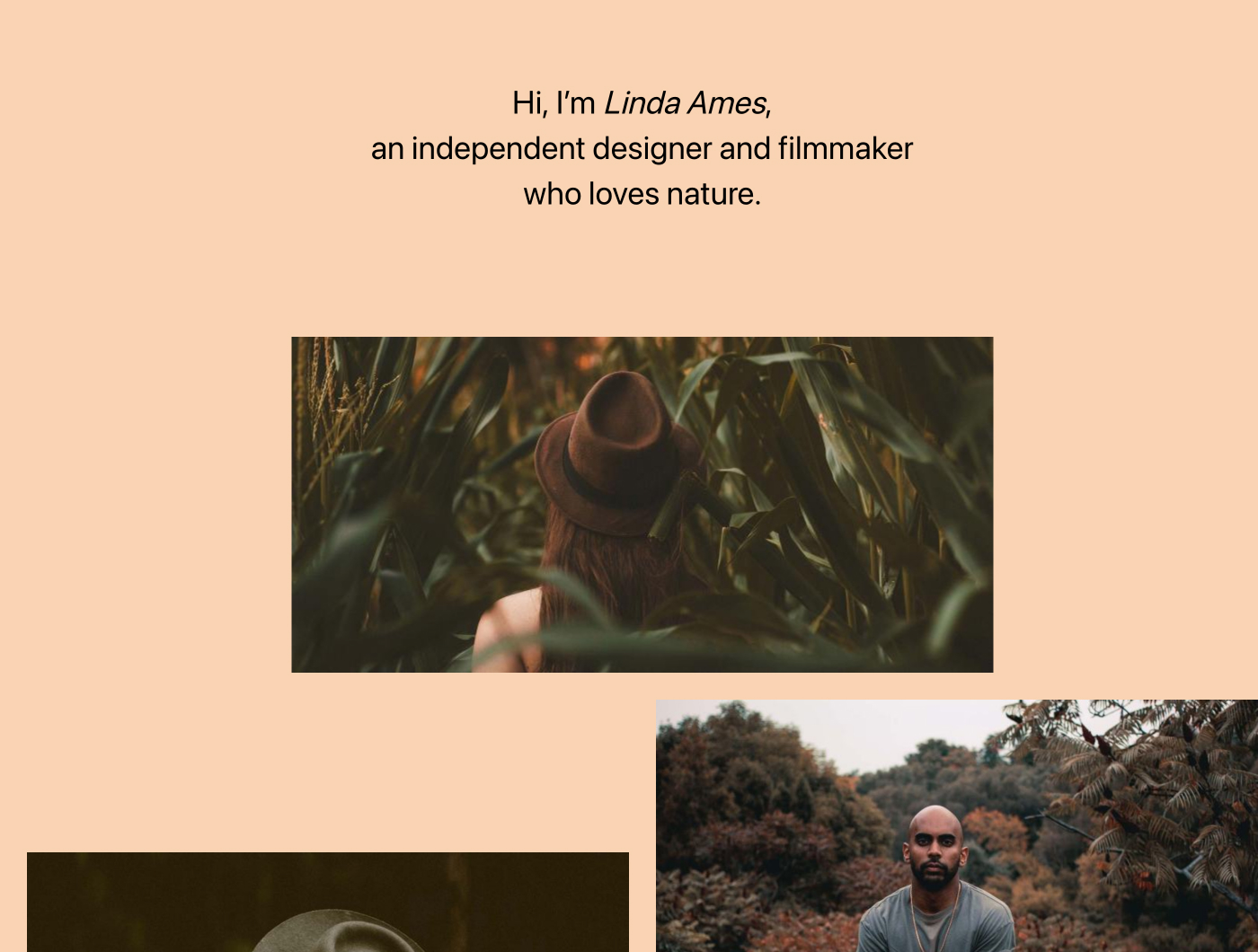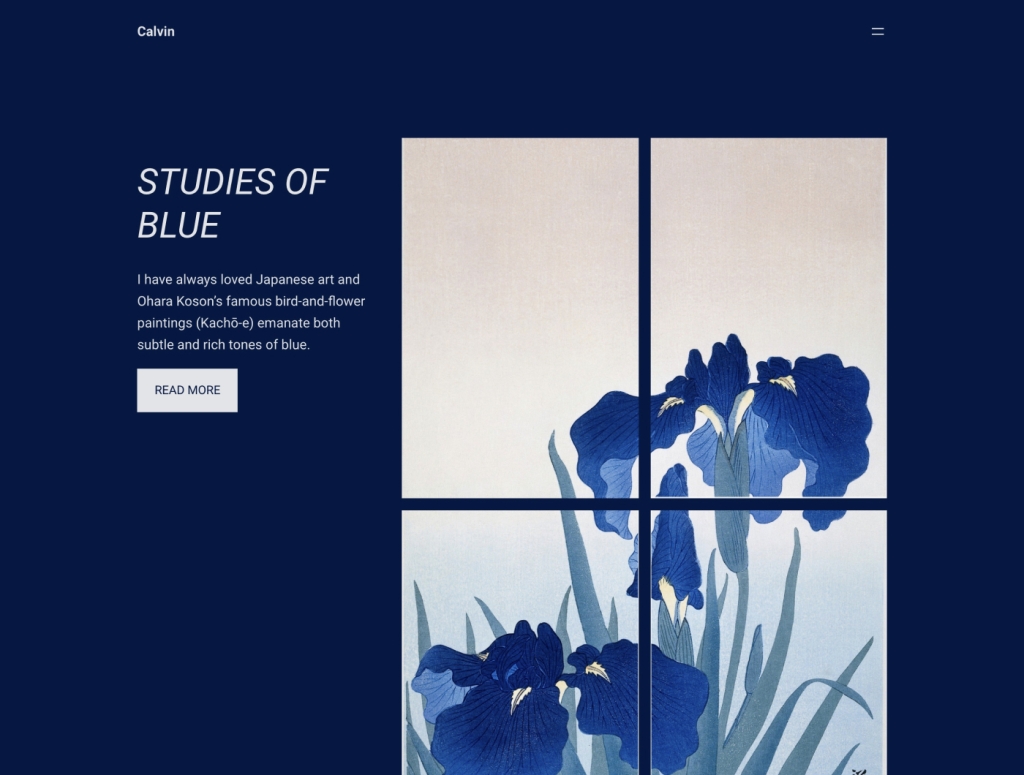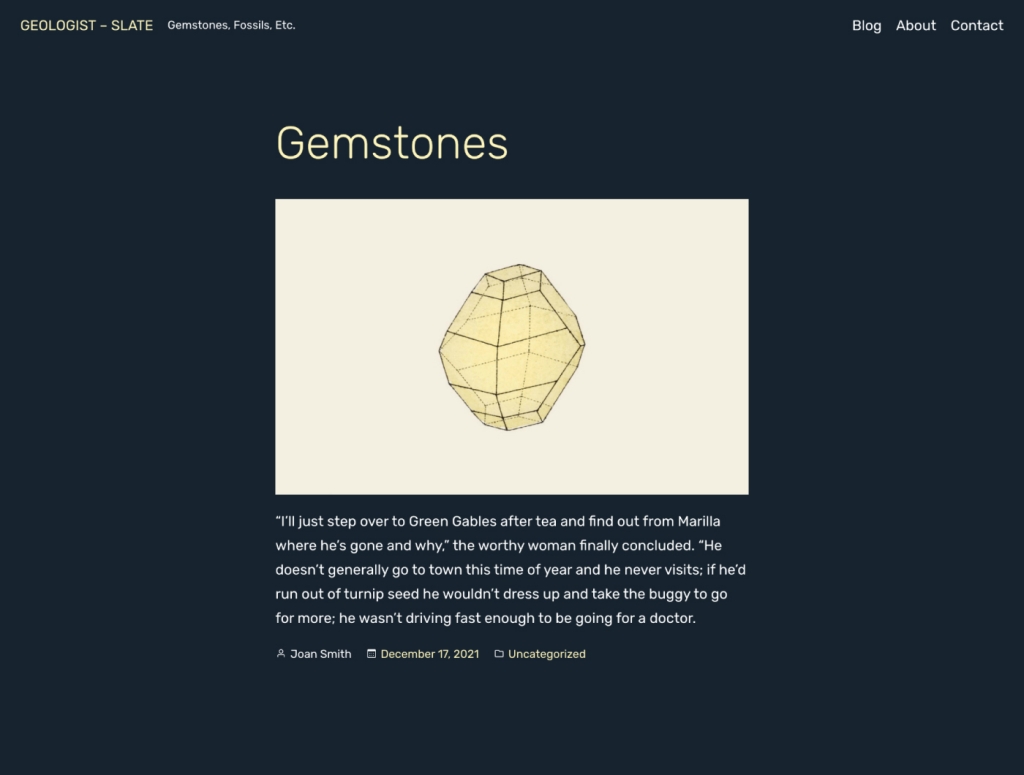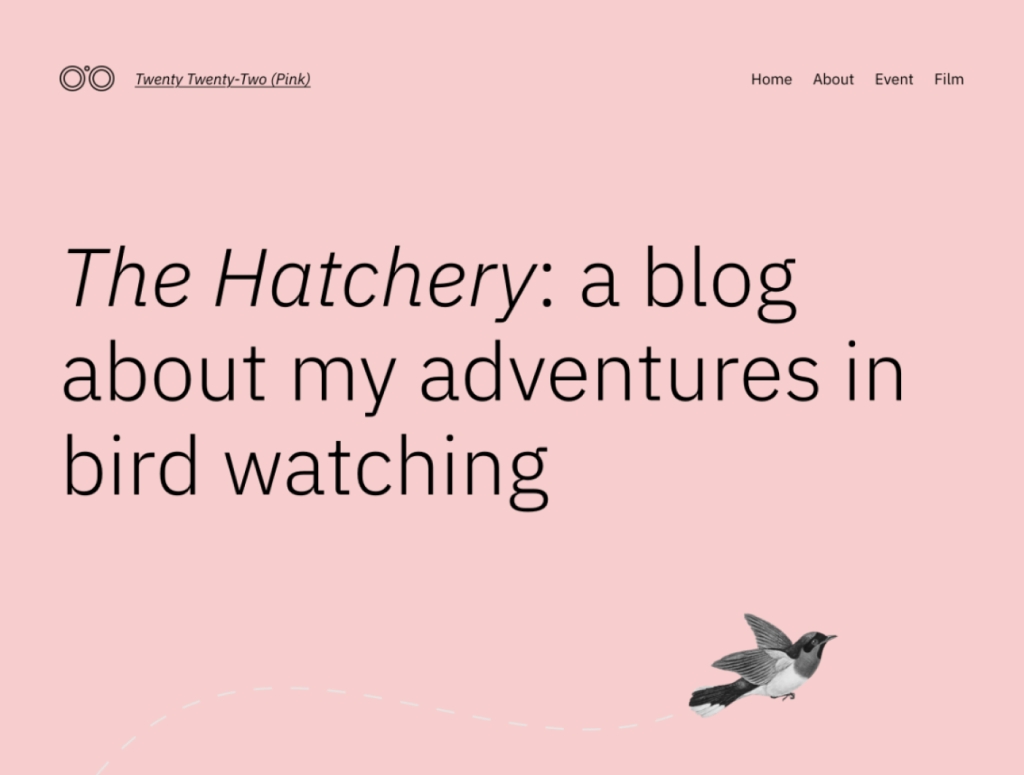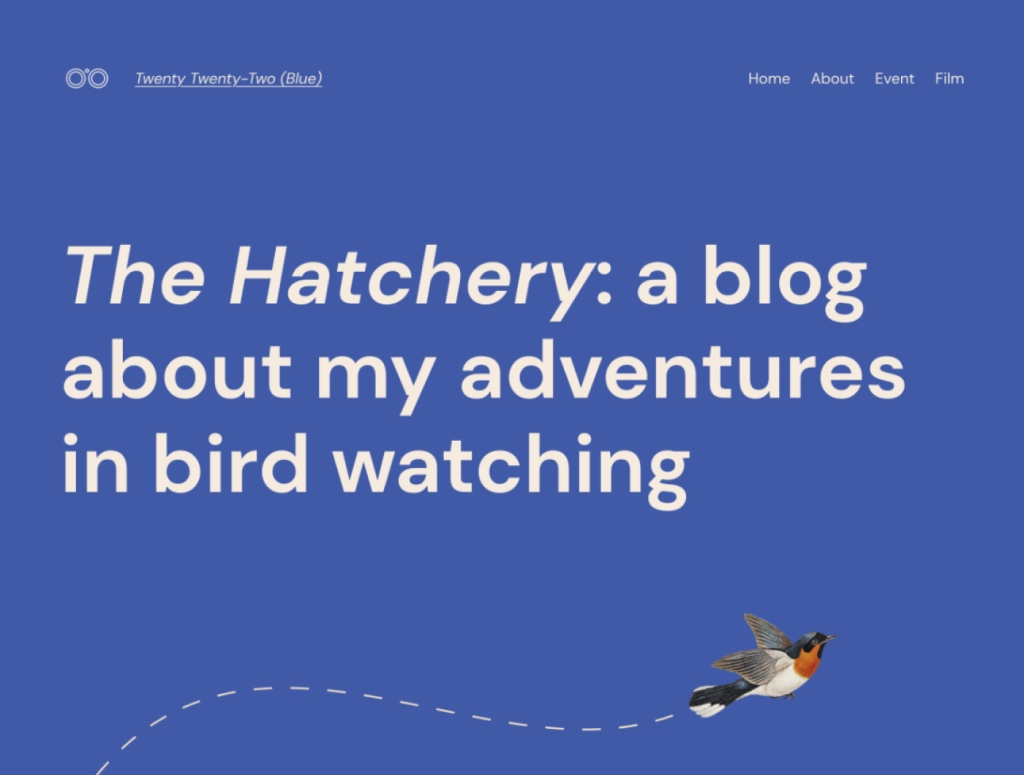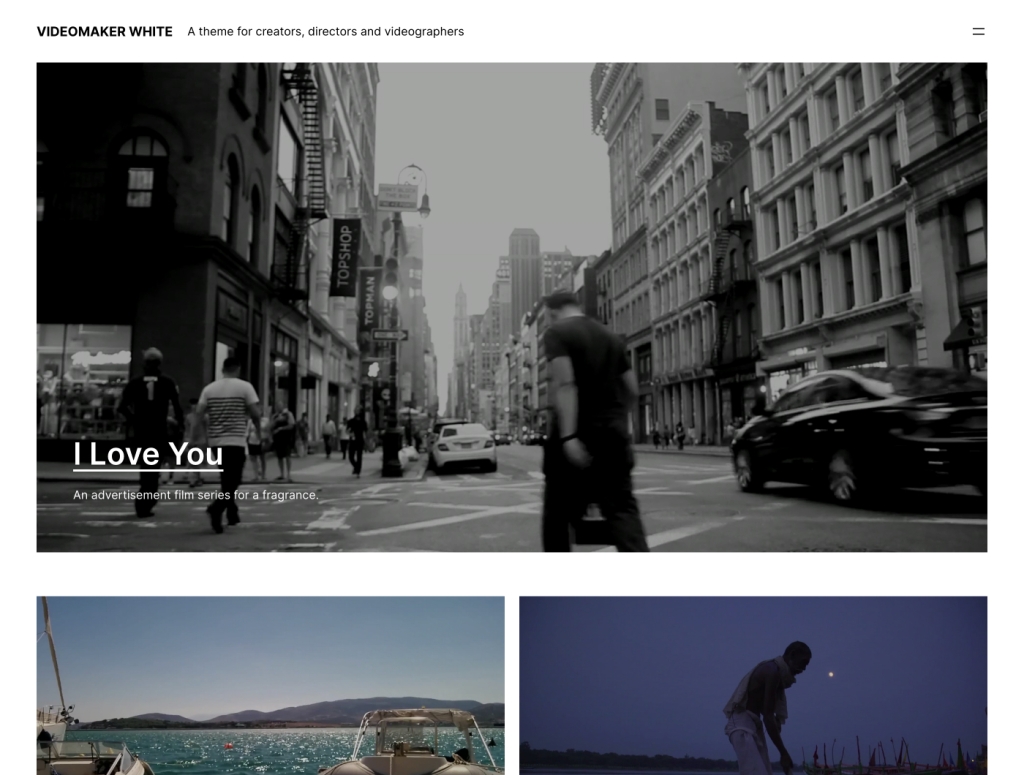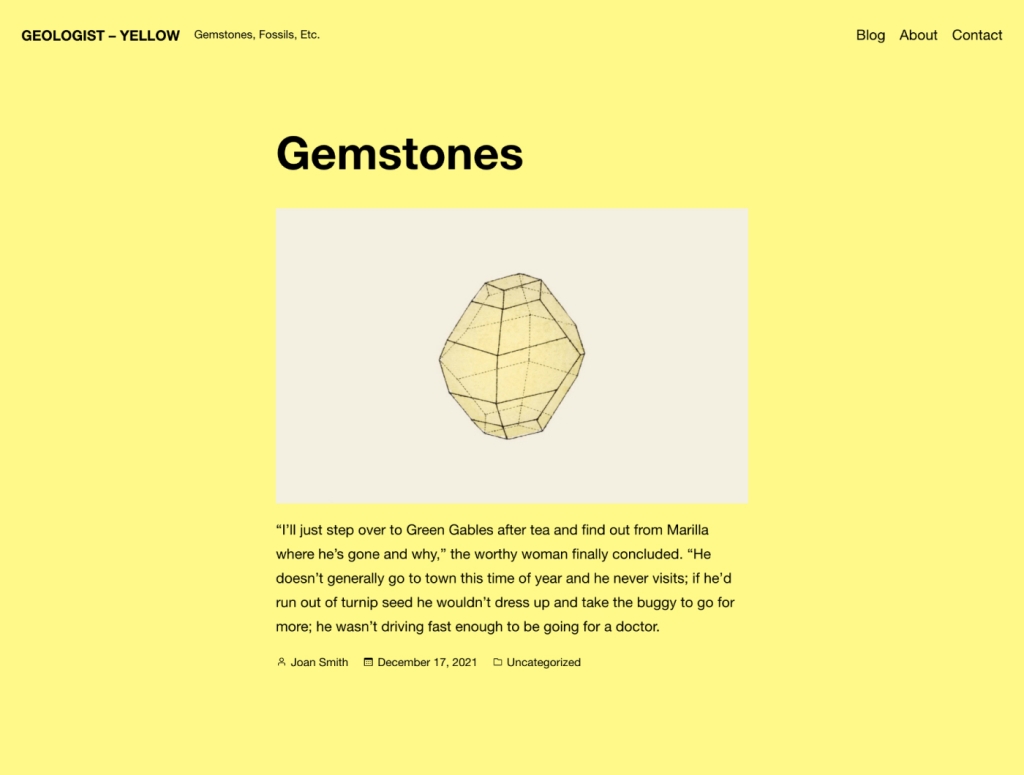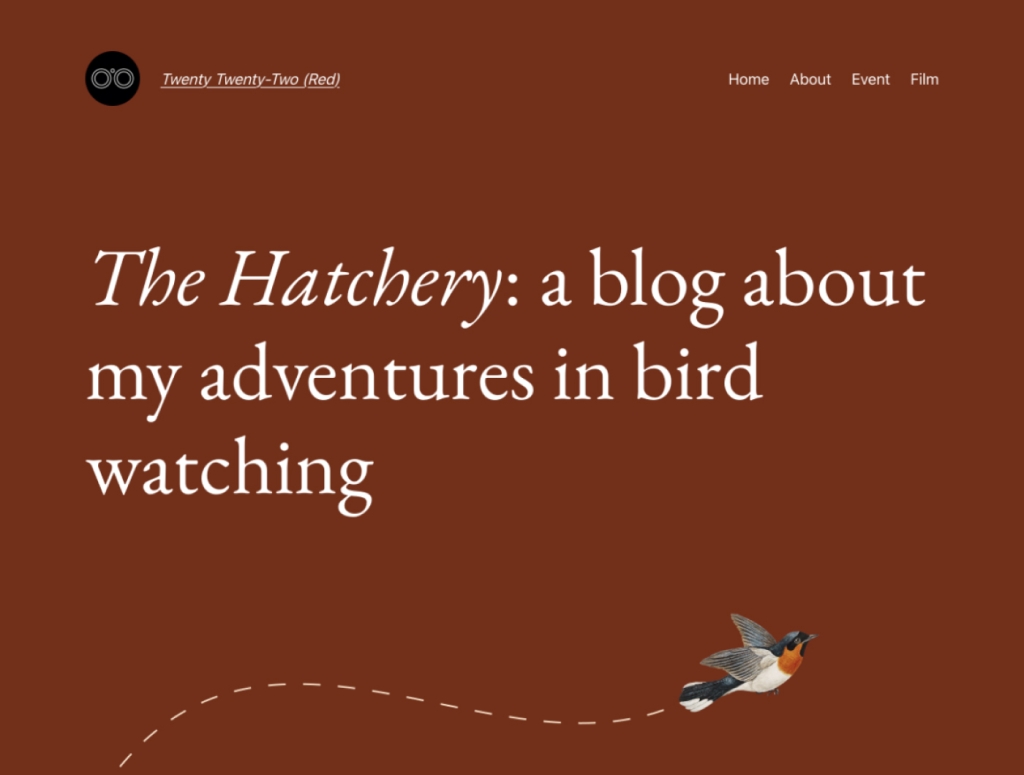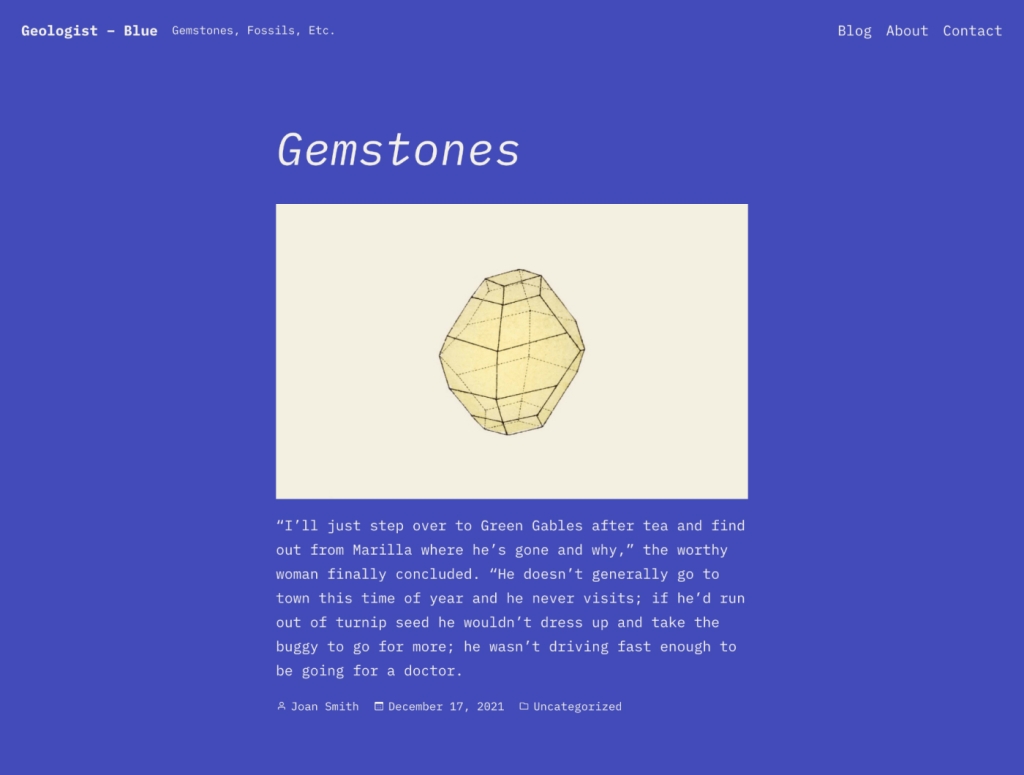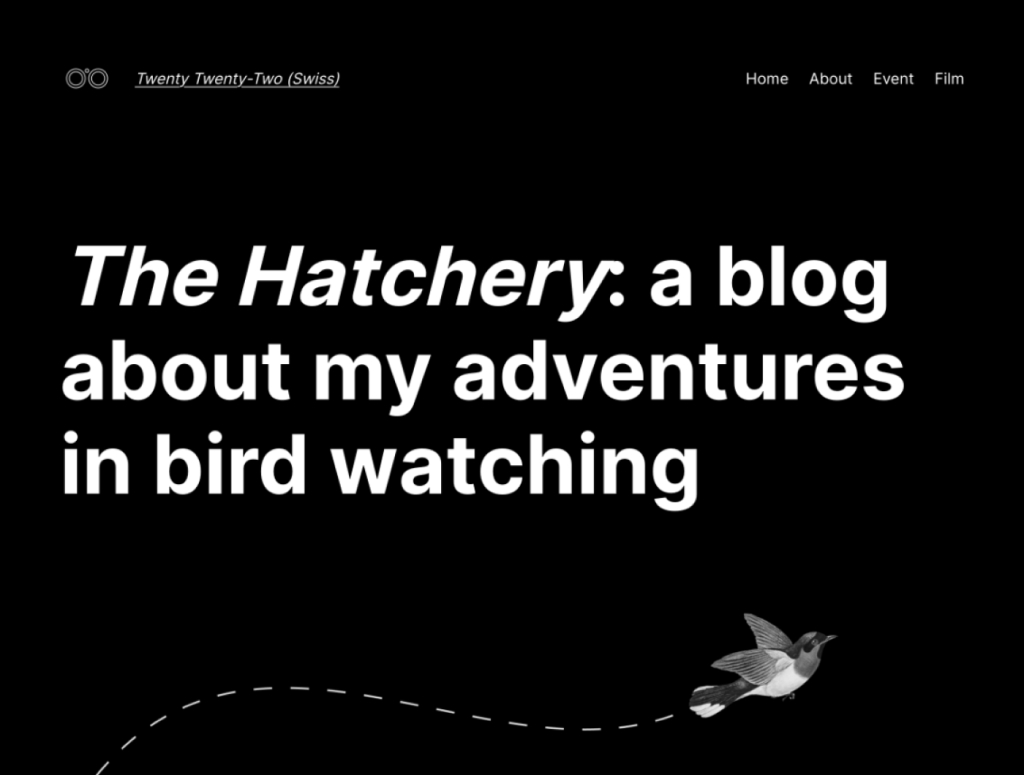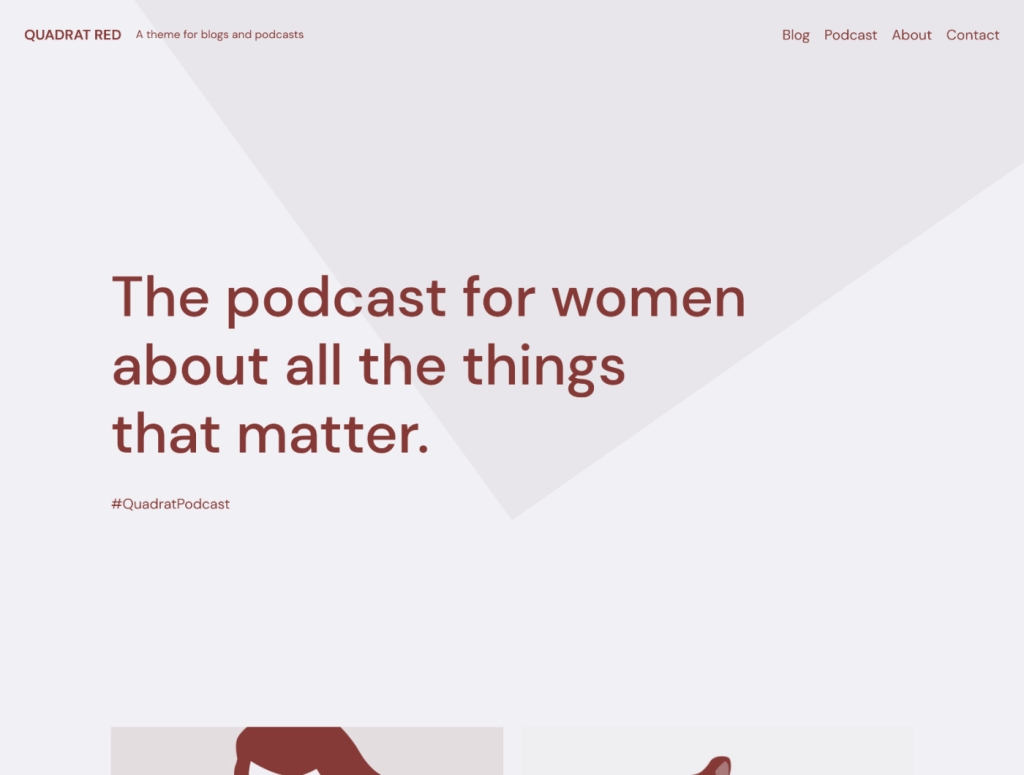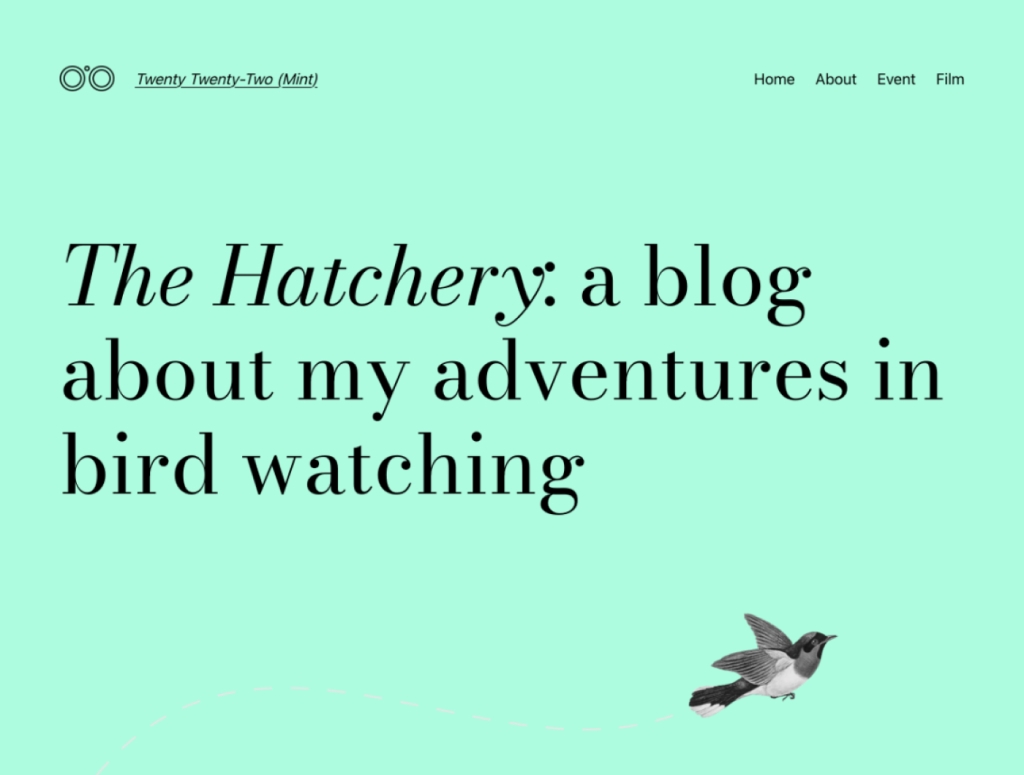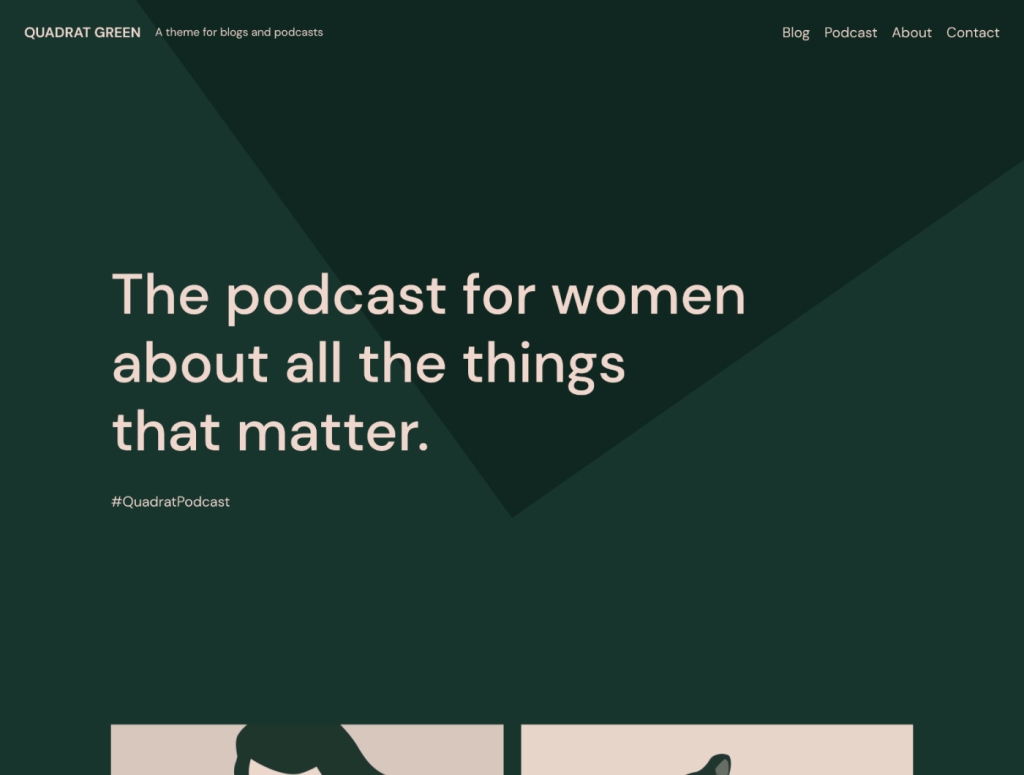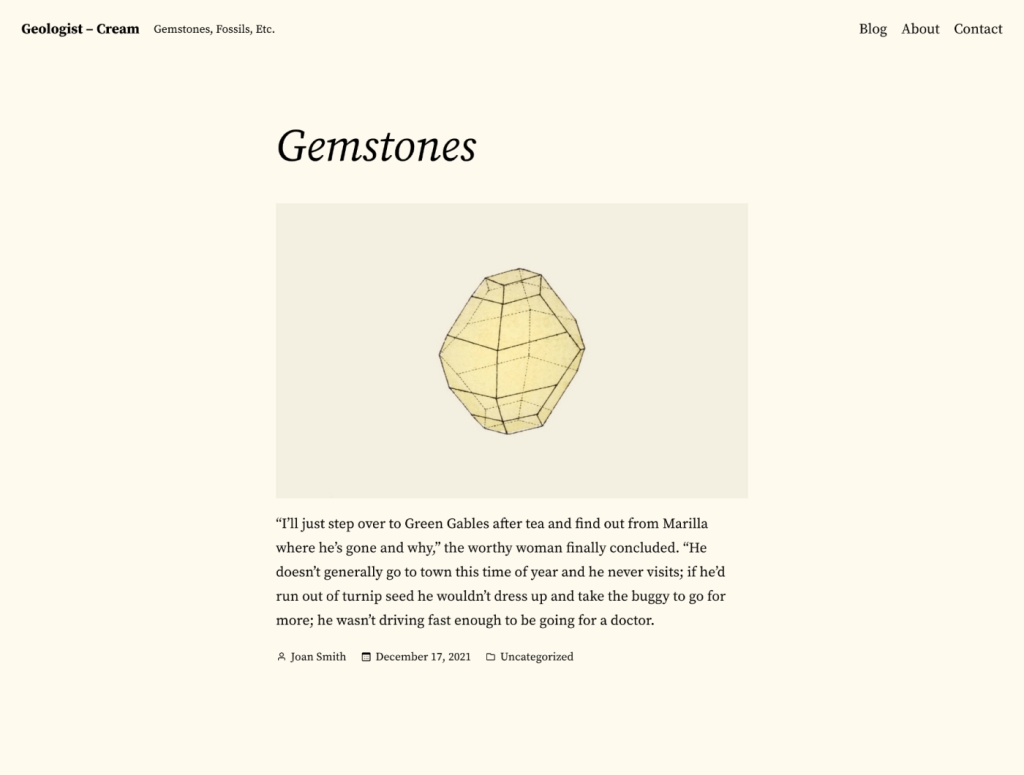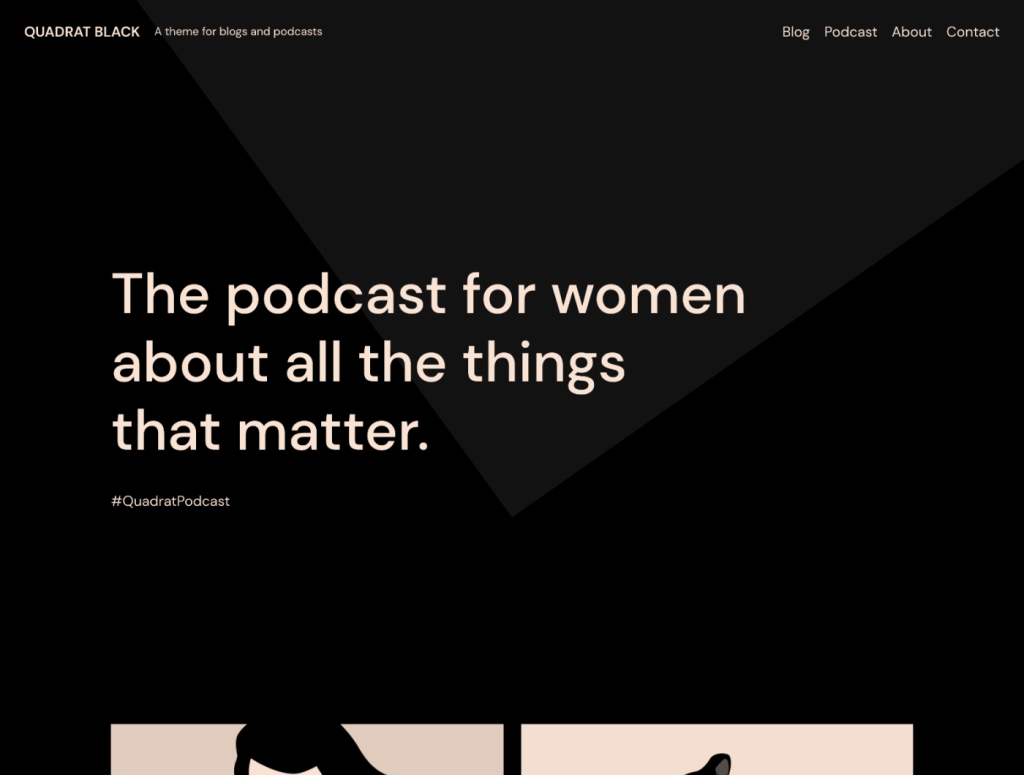People of WordPress: Juan Aldasoro
Posted by download in Software on 31-03-2022
In this series, we share some of the inspiring stories of how WordPress and its global network of contributors can change people’s lives for the better. This month we feature a website developer and project manager from Argentina, who found in the software a way to live his life in the way he dreamed.

WordPress offers something to everyone. For Juan Aldasoro, a developer and project manager for a large distributed company, it provides an opportunity to combine his different interests and skills to live the type of life he wanted.
“I like visual, creative and technical things. The joy of WordPress is that you can do all of these things, you don’t have to limit yourself to any one aspect . You can also do this from almost anywhere in the world!”
From working in products since 2012, Juan sees WordPress as a major part of his skillset and toolbox. He said: “It gives you an opportunity to be part of building a product which could potentially be used by thousands of people and more on your site. It encourages you to think about different languages and how you can make it accessible. It allows you to work on different platforms. Working in WordPress gives you this broad approach. Working this way on products ended up pushing me into learning about all these different things. Only in open source can you really do this and use your creative side to find solutions.”
Learning about being part of a community

Born in a mid-sized city in Argentina, Juan was raised in a family in which music, arts and sports were always an essential part of everyday life.
“These activities encourage human beings to be creative and participative, and at the same time they are highly formative when it comes to mould people in order to become part of a group, a team, a community.”
The youngest of five siblings, Juan became highly motivated, trying to follow the steps of his siblings. Having a computer at home, he started to make connections that laid the foundation for his career as a developer. His interest in computers grew through that access to a machine running MS-DOS – the one with the black screen command line! Mastering this became a challenge to him and something to share with others. Through doing this, he found a way to more social interaction and new friendships.
Without being conscious of it, my friends and I were sharing pieces of code.
He said: “I started learning some super easy stuff that made me feel like Houdini at that time. I could save a game play, something intangible, on a floppy disk and carry that piece of plastic and magnetic material back home. I was saving the play or game in a square object and then loading that back at home. I now realize, those were my first interactions with computer commands. Without being conscious of it, my friends and I were sharing pieces of code in a unique way.”
This interest grew further through computer magazines and experimenting as “there was always something new to learn.” Although sport became a big part of Juan’s life in his teens, he kept up his computer learning. Taking a new direction, he found online tutorials enabling him to learn how to play the guitar. This led to setting up a punk rock band with his friends.
“Education has always been important in my family, and thanks to my parent’s efforts, I attended a school where I learned to express myself in another language.” The school had hired a satellite internet connection in the mid-nineties and had HTML on the computer studies program. These facilities were not that common in Argentina or many other countries either at that time. Also, his parents had the foresight to secure a rare internet connection at the house in 1997.
Juan recalled: “Browsing around the Internet opened a new universe in my mind. This new universe was extremely fantastic but also extremely expensive. I needed to make the most of every second online.”
“It was a whole new world and one thing led to the other. I started learning a bit of everything, editing graphics, scripting and so on. I still remember my first website in the fantastic sunset strip, Geocities.”
Trying to go pro
After high school, Juan moved to the city along with his brother and began to study IT at University. When he was asked by a friend to work at a software company, he decided to try that whilst continuing his studies. Through his job he had the chance to explore web-related projects, and with a friend from university, they started managing teams and projects across Latin America and Spain.
Juan describes this experience as one of the most fulfilling in his life. He was able to travel abroad for work, experience remote working, manage teams, present projects and speak formally in front of senior people. As the company grew at a fast pace, they learned how to set up and run a large organization. Eventually, he decided to drop out of his university program and focus on the opportunity of learning first hand.

One of the key early learning from working internationally was that business and web development could be just as fast-moving and successful in Argentina as in other places. “I realized there’s no such thing as a secret sauce for success. Projects are backed by people’s talent and time, and you can find that in any latitude.”
By his mid-20s, Juan decided he wanted to try building something from scratch. He created a social network for photo sharing in Latin America, which was used by more than 30,000 people across Latin America and Spain in its time. Through this, he discovered that other people had a blog and he did not want to be left behind. The discovery of WordPress was to change the focus of his life.
Hello to WordPress
Spending some time traveling around Europe, Juan found himself ‘surrounded by uncertainty’ and worried about what the future could bring. “I had some clues, but under uncertainty, the more you ask the less you answer. I started thinking about embracing the following philosophy: I didn’t want to be part of a large company, I didn’t want to continue studying and I wanted to travel as much as I could.” He did not realize at that time how this vision for his life was to mirror what he would find in WordPress.
He started using WordPress for a few sites in 2005. By 2007 he was using it for almost everything. He was struck by the magnitude and range of what the software could do, from a simple tool used to create a blog in the blink of an eye through to complex projects.
His first problem-solving project was simple and saved data received through a contact form plugin. “To complete this project I discovered the Codex and I learned how easy and intuitive it is to create a plugin. I had fallen in love with WordPress.”
I was truly amazed by how I could learn from others.
As he explored the options with the software, Juan was unsure of how intellectual property worked and wanted to be respectful of other people’s work. “I didn’t understand open source yet, and I wasn’t sure if I was stealing from others. That was my first interaction with GPL and open source. I was truly amazed by how I could learn from others and improve things created by others or by myself.”
He realized: “WordPress was the way to go if I wanted to pursue a dream of traveling, skipping winter, and working at the same time; what we now call a digital nomad. I already knew how to work remotely, I could work for companies located anywhere, as long as they could communicate in English or Spanish.”
Juan started his own web agency, where he provided services to small and medium-sized companies abroad in the USA, UK, and Australia. He built his reputation and developed strong relationships in WordPress. “The experience couldn’t be better. I was learning, having fun, making a living out of it, and at the same time exploring the world.”
In mid-2012, he discovered the full power of the WordPress community firsthand. In his spare time he started developing themes and from all he heard, wanted to attend a major event with lots of others in WordPress, a WordCamp. He took the plunge and booked for WordCamp in Edinburgh, in the UK. He said: “I got to meet many super talented people, and the atmosphere of the event was awesome. A place where competitors were also colleagues. Seeing the humility of somebody like Mike Little, the co-founder of WordPress, was amazing.”
He added: “While there, unconsciously, I started dreaming of holding something like that in Argentina – the joy of hosting the WordPress community in my home country.”
Back home, while browsing the Codex, he happened to see that WordPress was turning 10. A lot of meetups were going to be organized worldwide to celebrate the birthday. But there was nothing organized in Argentina. This was a catalyst for starting a local meetup. Together with a colleague, he organized an Argentinian 10th birthday meetup.
More than 20 people showed up. “There was a common denominator. We all loved WordPress, it was part of our day-to-day life. We wanted to share experiences, make new friends and continue growing from what we could learn from others. That day we were a group of people with shared interests. That’s the simplest way to define a community, isn’t it?” This early meetup led to the formation of what is now called WordPress Argentina.
In his desire to skip winters and do more traveling, his next adventure was to take him to visit family working in the US and attend one of the biggest WordCamps in the world in San Francisco. His interest kept growing and he traveled across Europe to be part of the first edition of WordCamp Europe in the Netherlands in 2013.
He said: “There’s almost nothing I could write to fully express what you experience in such events. They are the main WordPress events worldwide. The best part: I made a lot of good friends from many different places. I’m glad I have more excuses to continue traveling.”
Once again in Argentina, our organization started growing thanks to the energy of the whole group, we started hosting formal meetups. In May 2015, we crowned all these efforts with a new WordCamp in Buenos Aires, Argentina.

“Organizing such an event in my home country with many of the contributors I had met from the very first meetup was an experience I will always keep with me.”
Juan believes one of his biggest contributions to open source was as part of being able to expand the community in Argentina and to share this with other Latin American and Spanish speaking countries. He also contributes as a volunteer translator in the Polyglots Team, to the Make WordPress Support team, and contributes to code blocks and Gutenberg. “I am really excited about seeing the future of Gutenberg as it is the future of WordPress.”
Throughout his time contributing, Juan believes in helping to set the foundations and encouraging others to give their time and talents. He is keen to share that contributing does not have to be the same all the time and that you can have breaks and focus on one area in a particular period too. He gives the example of how in his spare time he watches Trac, where tickets about the software are logged, and looks where he might be able to help or think of solutions.
He said: “Anytime I find I can contribute to or make improvements in code-related areas, I will do as it is important to keep giving to the community. I enjoy crawling over meta, trac, GitHub and the different places that are requesting help. There is always somewhere you can help. At the moment, my focus is code and translations. I always try to save time to help these two areas. It is like you give and you get, you learn things. You meet amazing people and opportunities arrive.”
Finding your path in WordPress

“Life is about experiences, it is about the people you surround yourself with and trying to do what you love. What you can find in an open source project like WordPress is an environment full of people who work with a tool they love. An environment that is ready to help and to give advice. Follow what makes you happy, try to be surrounded by people who make you better, try to empower others, try to give back. Try. Make your own path.”
Share the stories
Help share these stories of open source contributors and continue to grow the community. Meet more WordPressers in the People of WordPress series.
Contributors to this feature
Thank you to Juan Aldasoro (@juanfra) for sharing his story.
Interviews and feature by Abha Thakor (@webcommsat) and Surendra Thakor (@sthakor). Reviewed by Mary Baum (@marybaum), Chloe Bringmann (@cbringmann), Meher Bala (@meher), Anjana Vasan (@anjanavasan) and Yvette Sonneveld (@yvettesonneveld).
Thanks to Josepha Haden Chomphosy (@chanthaboune) and Topher DeRosia (@topher1kenobe) and others for their support of this initiative.

This People of WordPress feature is inspired by an essay originally published on HeroPress.com, a community initiative created by Topher DeRosia. It highlights people in the WordPress community who have overcome barriers and whose stories might otherwise go unheard. #HeroPress







